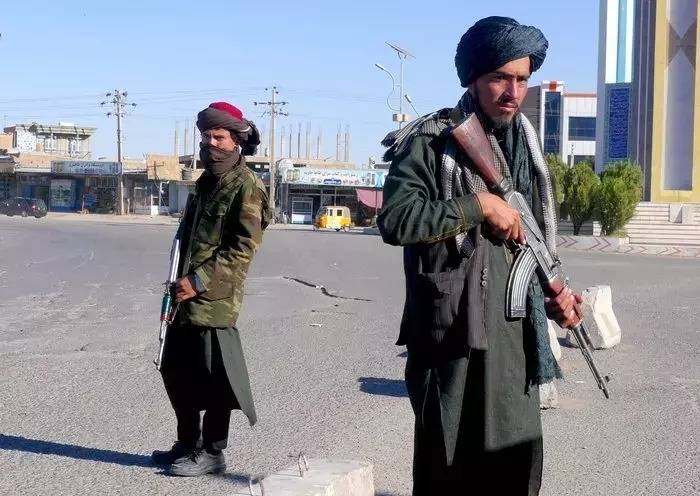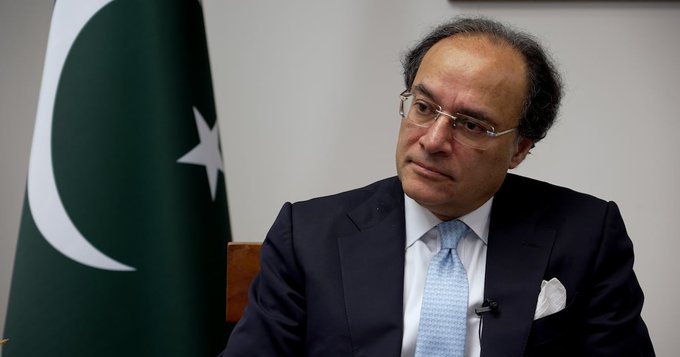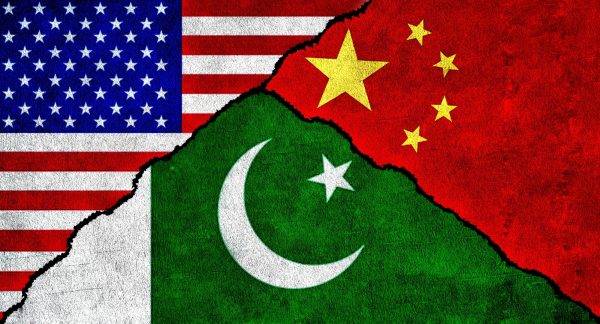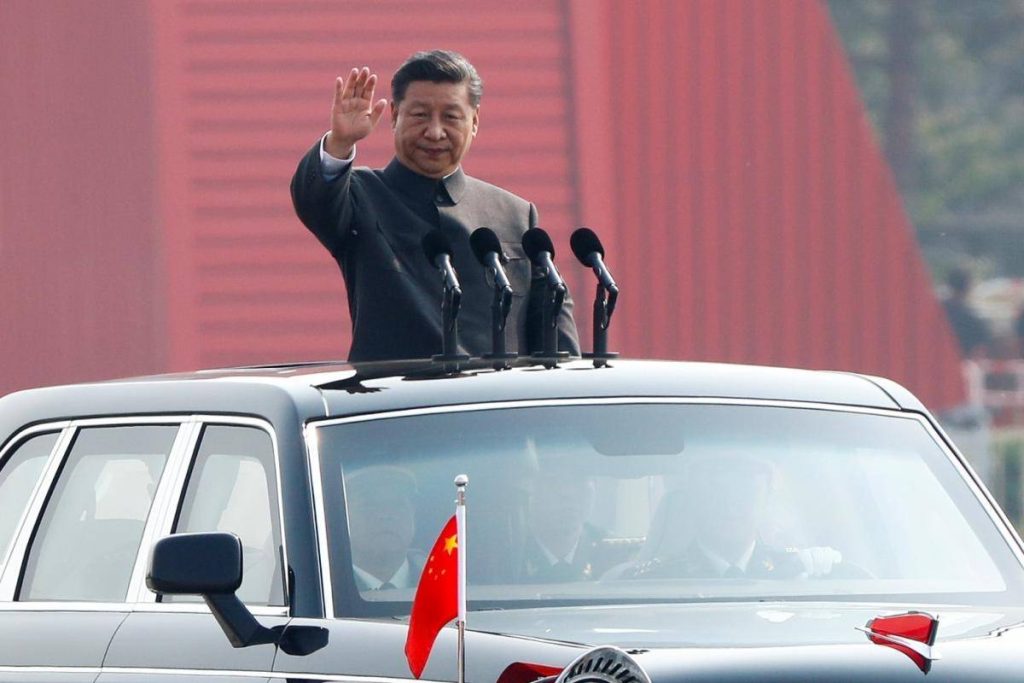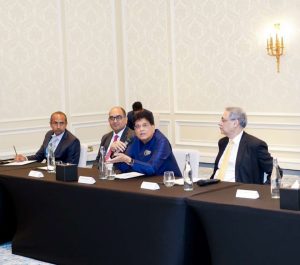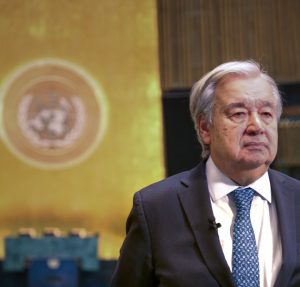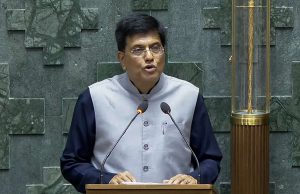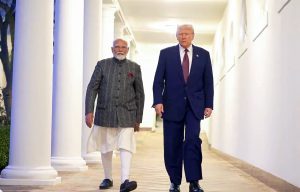Now, with the Taliban in control of the neighbouring country and imposing an Islamic rule of law, which is being done as per the Taliban’s interpretation, religious political parties in Pakistan are fast gaining popularity over their appreciation of the Taliban takeover…reports Asian Lite News
Since August 15, 2021 when the Afghan Taliban took over the charge of Afghanistan, toppling the Ashraf Ghani government, which fell within 20 days of evacuation of the foreign forces from the country, a strong re-emergence of extremist groups is being witnessed with increased targeted terror attacks claiming lives in different parts of the country. The surge in unrest in Pakistan seems to be a result of the confidence that the Taliban takeover in Afghanistan has injected into various groups in Pakistan, who have ideological allegiance to the Taliban regime.
“There is no doubt that with the Taliban in power in Afghanistan, support for the religious parties will increase in Pakistan,” said Nazrul Islam, a political analyst.
In Pakistan, terror groups including Tehreek-e-Taliban Pakistan (TTP), the Pakistani faction of the Afghan Taliban, have carried out several attacks targeting Pakistan’s security forces and claiming lives of dozens.
The Taliban takeover, to an extent, has also given positive hopes to many religious political and non-political organisations, who have used religious disagreements against the Imran Khan-led government to bring the country to a standstill in the recent past.
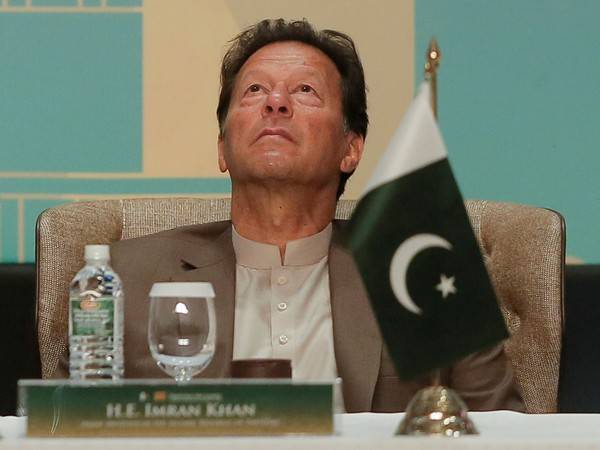
The public support and strength that the religious organisations enjoy across Pakistan, has been the prime reason why the current and the previous political governments were forced to succumb to the pressure.
Now, with the Taliban in control of the neighbouring country and imposing an Islamic rule of law, which is being done as per the Taliban’s interpretation, religious political parties in Pakistan are fast gaining popularity over their appreciation of the Taliban takeover in the neighbouring country, a notion that can become a major challenge for the ruling government of Prime Minister Imran Khan during the next general elections in the year 2023.
It is pertinent to mention here that Pakistan’s religious parties were among the first to demand Imran Khan and other countries to recognize the Taliban leadership in Afghanistan. Jamat-e-Islami (JI), Pakistan’s largest religious political party requested the international community for an immediate recognition of the Taliban led government setup in Afghanistan. Other religious groups, who also criticized the international community for ignoring the humanitarian needs and future development of Afghanistan, also made similar demands.
Religious parties do not enjoy a massive electoral support in Pakistan. However, the widespread power base of these religious groups, with an ability to mobilize massive street protests, by engaging and activating their networks of religious schools and seminaries, spread to all corners of the country, makes them a serious threat to the country’s internal security parameter and the democratic political setup.
Religious hardline groups like the Tehreek-e-Labaik Pakistan (TLP), along with other prominent religious political groups like the Jamiat Ulema Islam-Fazl (JUI-F), have openly vowed to work towards bringing in an Islamic setup under the Shariah Law in Pakistan, similar to how it is in the Taliban controlled Afghanistan.

